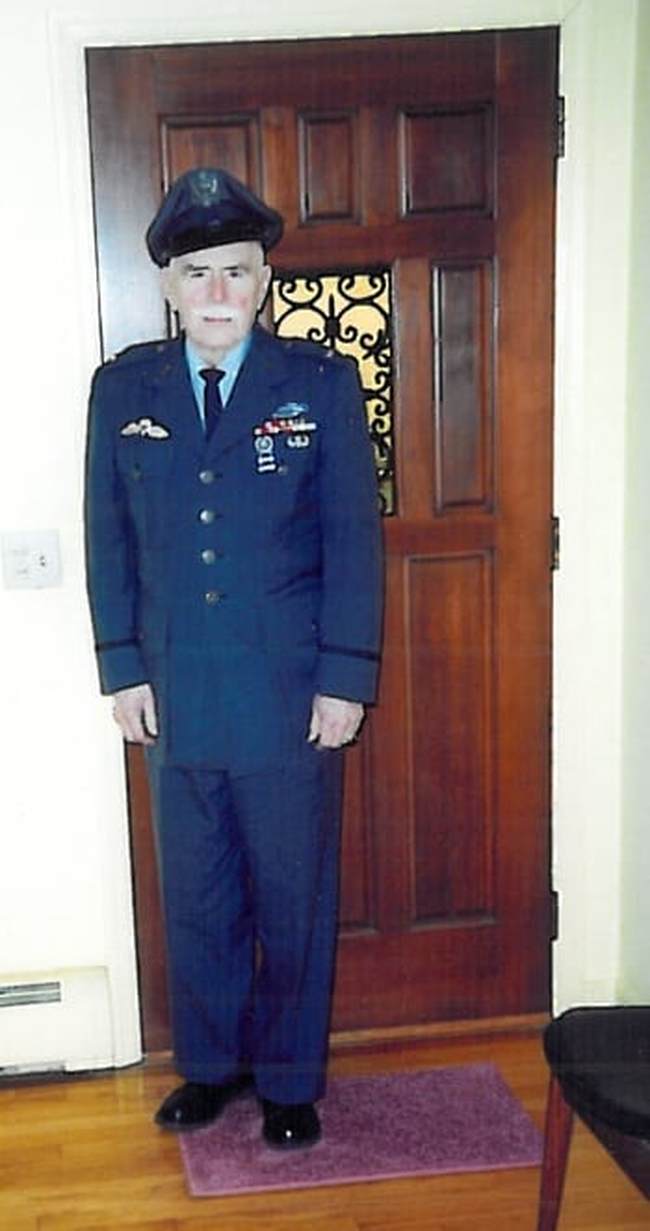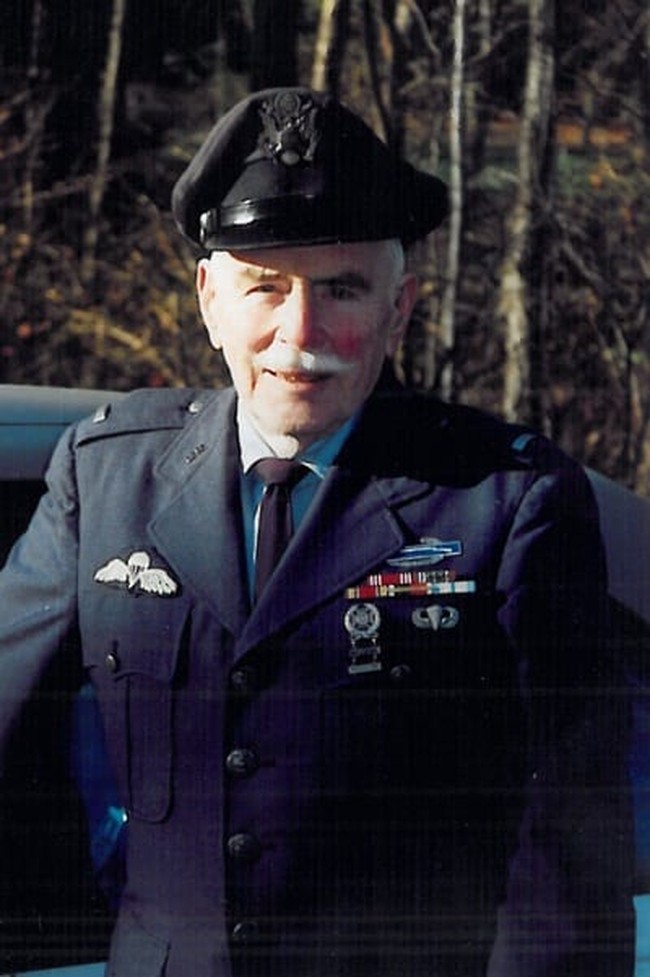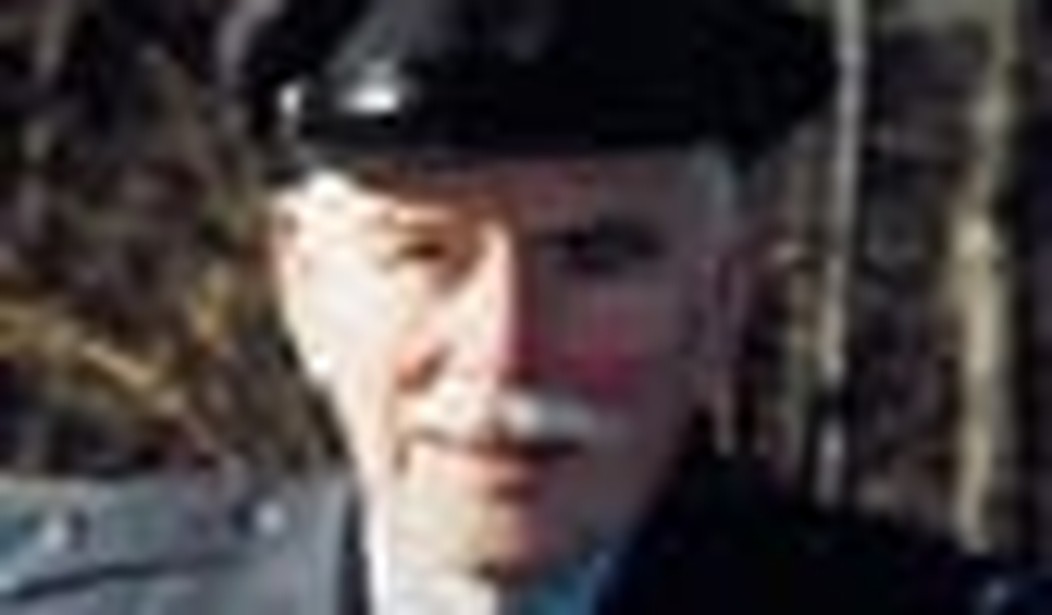 Most of us think we know all about soldiers and spies because we follow the actors who play such roles on television and in the movies. Thus, we see actors engaging in a lot of “action,” and we—at least those of us who have not been soldiers or spies—learn to suspend all disbelief. We are used to seeing a month long battle or even an entire war begin and end within an hour or two, and we leave the theater knowing that, in the end, the “good guys and gals” always triumph.
Most of us think we know all about soldiers and spies because we follow the actors who play such roles on television and in the movies. Thus, we see actors engaging in a lot of “action,” and we—at least those of us who have not been soldiers or spies—learn to suspend all disbelief. We are used to seeing a month long battle or even an entire war begin and end within an hour or two, and we leave the theater knowing that, in the end, the “good guys and gals” always triumph.
This is crazy. Even though I myself am an avid fan of television’s NCIS, and most of the World War Two movies (Flags of Our Fathers, Letters from Iwo Jima, Saving Private Ryan, etc.), I am far more interested in the stories of real life soldiers and spies. I want to know what they think, what they do, how they learn their craft. Recently, an incredibly dignified hero came my way.
First, a letter arrived in the old-fashioned manner. The author cordially addressed me as a “colleague in the field of terrorism.” He asked whether I might like to read his unpublished manuscript about Islam and terrorism.
I was about to say no when, on a hunch, I agreed to look at his work.
A package soon arrived which weighed at least five pounds. I opened it and almost immediately began to read his book, which is tentatively titled: The DNA of Terrorism. The work, which focuses on Islamic fundamentalism, is very, very good. Now, I was curious about the author. I wanted to know how he came by this extraordinary knowledge.
Before I could even reach for the phone, he called and suggested we meet. He said:
I must tell you that both I and my wife still adhere to a 1930s dress code.
I plowed through my closet wondering what in God’s name to wear. Gloves? A hat? Nylon stockings? I ended up wearing what I usually do.
Next: “This example of double volunteerism constitutes the essence of patriotism.”
 A tall, trim, dapper, white-haired man was waiting for me in my lobby. John (Jack) L. Behling is 91 years old and, although he sports an attractive cane, he still stands ramrod straight. His eyes are piercing. John wears a jaunty beret and his jacket is festooned with possibly six rows of military medals and ribbons representing his patriotic service in the United States infantry, paratroops, and intelligence corps.
A tall, trim, dapper, white-haired man was waiting for me in my lobby. John (Jack) L. Behling is 91 years old and, although he sports an attractive cane, he still stands ramrod straight. His eyes are piercing. John wears a jaunty beret and his jacket is festooned with possibly six rows of military medals and ribbons representing his patriotic service in the United States infantry, paratroops, and intelligence corps.
Behling was a combat soldier in World War Two. He also worked for the Office of Strategic Services (OSS) and became an undercover espionage agent (a spy) in Europe. He also served in the U.S. Army and Air Force intelligence services and as an intelligence analyst for the U.S. Department of State. Later, he became a diplomat and a professor.
Behling has written an important, even unique, book about Islam, terrorism, the Muslim mind-set, “stealth” jihad, and counterterrorism. I realized that his steely, quiet, but daring deeds as a soldier and an intelligence officer would be of great interest to readers. I urged him to go public with some of his adventures on behalf of America’s and Europe’s freedom. Finally, but reluctantly (“I’ve made my report in full to the proper authorities, this information is in the hands of the right people”), he agreed to go on the record with me. Here is part of our conversation.
Q: How does one become a spy? How did you become a spy?
A: To join the OSS, one had first to volunteer; no one was ever ordered, transferred, or conscripted into OSS without volunteering. Once an OSS-er, one had to volunteer for “mission status.” This example of double volunteerism constitutes the essence of patriotism.
Q: What skills must a spy have?
A: Gen. Donovan, whom President Roosevelt personally chose as his “Co-ordinator of Information,” always stressed imagination and “thinking outside the box.” There is always the unexpected event, the crisis, which must be met without long periods of study and planning. And most likely there will only be one chance, and one chance only, to devise an on-the-spot reaction to crisis or danger to the mission. During peacetime, physical fitness is not so necessary, but it is still helpful. In wartime, it is an absolute requirement. Dedication is a mental fitness; one does not “give up” trying, no matter the circumstances.
Q: What is daily life like in the field?
A: Secret intelligence is a lonely occupation. One gets no mail from home, one cannot communicate with any outside, back-home location or person. Even “chit-chat” with someone in the field is dangerous. One’s linguistic guard is let down, if what is said is not carefully planned and memorized. The agent sleeps very lightly and is constantly alert and on guard with respect to his surroundings. Is someone watching or following me? What exit route can I take if need arises? Is my “contact” under surveillance, waiting for me to show up? Are my contacts equally alert and careful? How can I be sure of anything? If caught, what shall I do to make the earliest possible escape? Will I have to kill my captor? What means will I use? How will I dispose of the body? Will there be a follow up search for me? Will my cover hold up or do I need to manufacture a new one? I have a food and money stash; can I reach it or will it be too dangerous? Every possible vision of disaster runs constantly, like an endless loop through the agent’s mind. All of the above creates a mental tenseness, which must be masked and kept hidden. An agent is often a victim of acid indigestion and has difficulty sleeping.
Next: Why did General Donovan buy refugees’ old clothing?
Q: What do you remember about General Donovan?
A: Donovan immediately approached every refugee coming from Europe and offered to buy the refugees’ old clothing, pens, pencils, match books, pocket litter in general. Why? Because he foresaw the future need for secret agent operations, and they would have to have European-made clothing, watches, etc.
Q: Once they knew that you could speak fluent German without an accent, some Russian, and some Japanese, how did the OSS train you?
A: I was sent to Bari, Italy, to learn Morse code, radio key practice, secure codes and code pads, explosives, RAF jump training, document forgery, photography, and target area study. I practiced these skills with three other paratroopers, one of whom was immediately arrested by the Gestapo because of a failure to recognize a danger signal in radio traffic.
Q: What was your first mission?
A: I was to report on the Herman Goering steel works outside of Linz, Austria. We jumped from British bombers. We used British chutes, which were better than the U.S. chutes at the time. We jumped in uniform, hoping to claim POW status if captured. Another detail was to check the tightness of the harness just before jumping— loose harness straps could leave a bruise on one’s chest or shoulder, something the Gestapo always looked for.
Q: What kind of gun did you carry?
A: We had complete freedom of choice as to weaponry. I chose a small Walther PPK automatic 6.25 mm caliber, and a knife designed for the U.S. Army by British Major Fairbairn (of Hong Kong fame). It was basically a 7-inch bladed stiletto. I carried it on a chain or thong around my neck, hanging down my spine, where I could reach it from a “hands-up” position.
Q: Once you jumped, what did you do with your chute?
A: I buried it together with a small entrenching shovel I carried. I looked for another spot and buried my radio and battery pack. A third spot took whatever I could not carry openly. I wrote myself directions to find these spots again but I wrote it in code, as part of a poem.
Next: Why a spy needs to know how to improvise…
Q: Where did you sleep? Or live?
A: The answer is I slept wherever I happened to be fighting: On the ground, a park bench, a haystack, in a railroad waiting room. I could not rent a room—the police control was too tight. I was essentially a street person. The region was thoroughly Nazi as Adolph Hitler went to school in Linz as a child. I had to find out whether the steel plant was back up and running or still out of commission (after an Allied bombing). I could not just go in and inspect. Day after day, I went to the plant area and hung around with a cup of coffee as if I were a worker. I talked. I listened. I asked questions. Eventually, I was able to construct the answer to this question: No, we did not have to bomb this facility again.
Q: What was your next mission?
A: I was called to Salzburg because I knew some Japanese. All the Japanese diplomats had been rounded up in Berlin and were being kept at a ski resort in Austria. As diplomats, they could not be questioned. But we needed to know 1) Will the German U-boats join up with the Japanese and continue to fight? 2) Will the Japanese government now be willing to discuss surrender? Until now, “surrender” was a forbidden word.
It was suggested that I pass as a waiter. I turned this down. This was a small town and such jobs are inherited family positions. Everyone would know that I did not belong. I came up with a cover story. I would be a guard. I chose the dining room and evening mealtime as my main assignment. The Japanese all spoke German to the hotel staff. I starting talking in German too. They noticed and became curious. I counted on all foreigners believing America was a one-language country and that Americans never did learn a foreign language fluently. (Behling speaks German without an accent.)
Pretty soon, the ambassador, Baron Oshima, approached me and asked how come an American spoke German so easily. That gave me my opening. “But I’m not really an American. I was born in Germany, my father was a professor and we were in the USA on an educational exchange; Hitler declared war, and I was put in an American internment camp for the rest of the war. They put me in here to work off my indebtedness.”
Now, suddenly, it was different. I was one of them—I was an ex-internee. They had a hundred questions to ask: What was it like to be interned in America, what could they expect, what was the American opinion about the war, about invasion casualties? All I had to do was channel the conversation, and pose questions indirectly, obliquely, and answers were forthcoming. On submarines, the ambassador and military attaché told me that the Germans would never get past the Royal Navy in the Indian Ocean, but even if they did, they would stay tied up at Japanese docks, as Japan didn’t have enough fuel for its own subs.
To my surprise, the Japanese believed that if the present government gave way to another, more liberal government, surrender might be discussed. They said it “could be done in around three month.” At that point in time, (we) had no knowledge of the Atomic bomb. But, counting from the time that I was talking with Oshima early in May, three months takes you right up to August 1945, and Hiroshima and Nagasaki.
Next: Uncovering a Soviet nuclear facility…

Q: Tell me something about your post-war work as an intelligence analyst.
A: I was assigned to work with the power and fuel team on the Soviet economy and further given personal responsibility for analyzing basic chemicals, pharmaceuticals, atomic energy.
While reading a local 6-page Russian newspaper from the Central Asian state of Tajikistan, I came across an announcement of a local power blackout. No light bulbs over a certain wattage, no exterior lighting, rolling brown-outs, etc. Now Tajikistan is mostly mountains and desert, with a sparse fruit and vegetable cultivation in fertile valleys. Subsistence farming, barely commercial. Not much demand for power. I asked: “Why the big fuss?” Lo and behold, I found that a huge hydroelectric power plant and dam had been finished on the Syr Darya River only a few miles from the black-out area.
Where was all that power going while the small community needs were being denied? I finally told the chief of my section that I had a problem. I said, “I have no data to back me up, but I have an educated guess. I think they might be separating uranium isotopes and starting an enrichment program. It’s (an) ideal area for security purposes; it’s closed to all foreigners. And it’s off the beaten track for almost anything.”
I wrote it up, classified it, and turned it in. A month or so later, the Soviet representative in the United Nations raised a big stink there, complaining about US over flights in that very same area, coming in from the Persian Gulf. Years later, I heard from a third party source that such a facility had been identified there.
My wife is fond of saying, “I know Jack would never leave me for another woman, but I am not so sure about another intelligence mission.” I have to admit there is an element of truth in her statement.
******
I offer this interview as a token of my appreciation and as a contribution to all the men and women who are currently serving or who have ever served our country in a military or intelligence capacity.
******
Flag illustration courtesy Shutterstock.










Join the conversation as a VIP Member